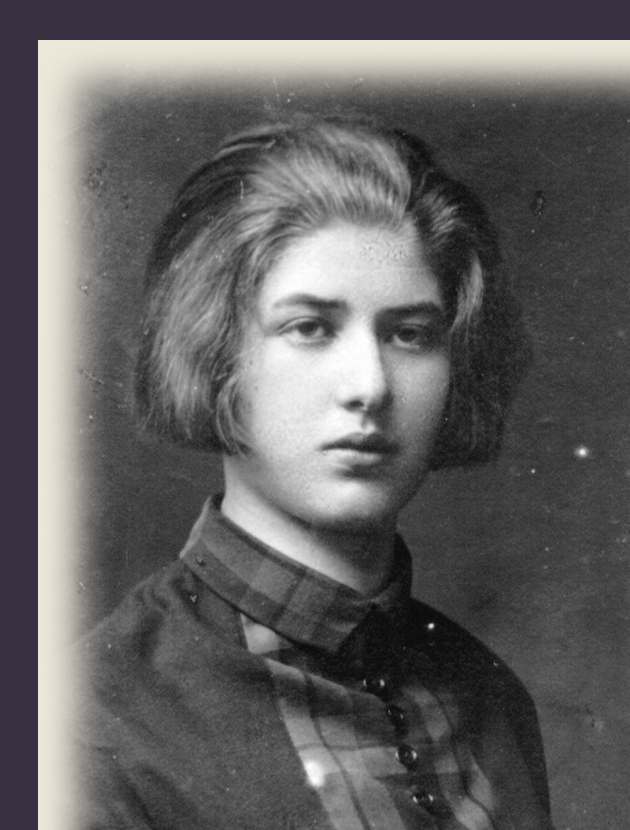
Lydia Korneevna Chukovskaya — to some, Akhmatova’s literary confidante; to others, Solzhenitsyn’s principal interlocutor; to yet others, primarily an example of dignified conduct in an era of total dependence. All of this is true: confidante, interlocutor, example.
But above all, she is a great writer, whose work does not divide neatly into poetry and prose. The poem «One Fine Day...» resonates with the tragic motif of her novella "Going Under": in 1949, at the height of the campaign against cosmopolitanism, the heroine’s romance with a famous writer begins, but love is crushed by the betrayal of language, an inevitable consequence of conformism. However, what serves as the plot basis for rupture, schism, and betrayal in prose, transforms into an ethos of loyalty in verse.
The heroine places herself — and her love — in the context of eternity, which is demonstratively set apart from the epoch. Traces of the corrupted time are present here (tasks, calls, letters), but while these triumph in prose, in poetry love liberates from all that’s superficial. Moreover, the images do not lose their tangibility; rather, only those distinctive marks of the present that are associatively linked to the infinity of worlds, thanks to the efforts of Russian poets, remain: lantern lights, railings, snow, hush.
And they are described with reference to Blok with his lanterns and blizzards, Lermontov and Fet with their lively and close-knit choruses of stars, Pasternak with his eternity in the prison of time. But then again, let’s not forget Kant with his moral law and the starry sky above. At that moment, the poem begins to sound like a sermon — while being completely devoid of moralizing.
Love, multiplied by the power of words, gives hope not only personal but also universal. The kind of hope that’s taken away by the betrayal of word and love in "Going Under".
ALEXANDER ARKHANGELSKY
One fine day, I’ll pay off every debt,
Write all the letters, answer all the calls,
I’ll mend each hole and finish tasks unmet —
And slowly I’ll start walking to you, through it all.
There’ll be a bridge — the road of all the roads —
Adorned with grand and blooming lantern lights.
And on the railings, snow. Who could have thought?
The winter’s hush, a starry choir above us in the night!
1947